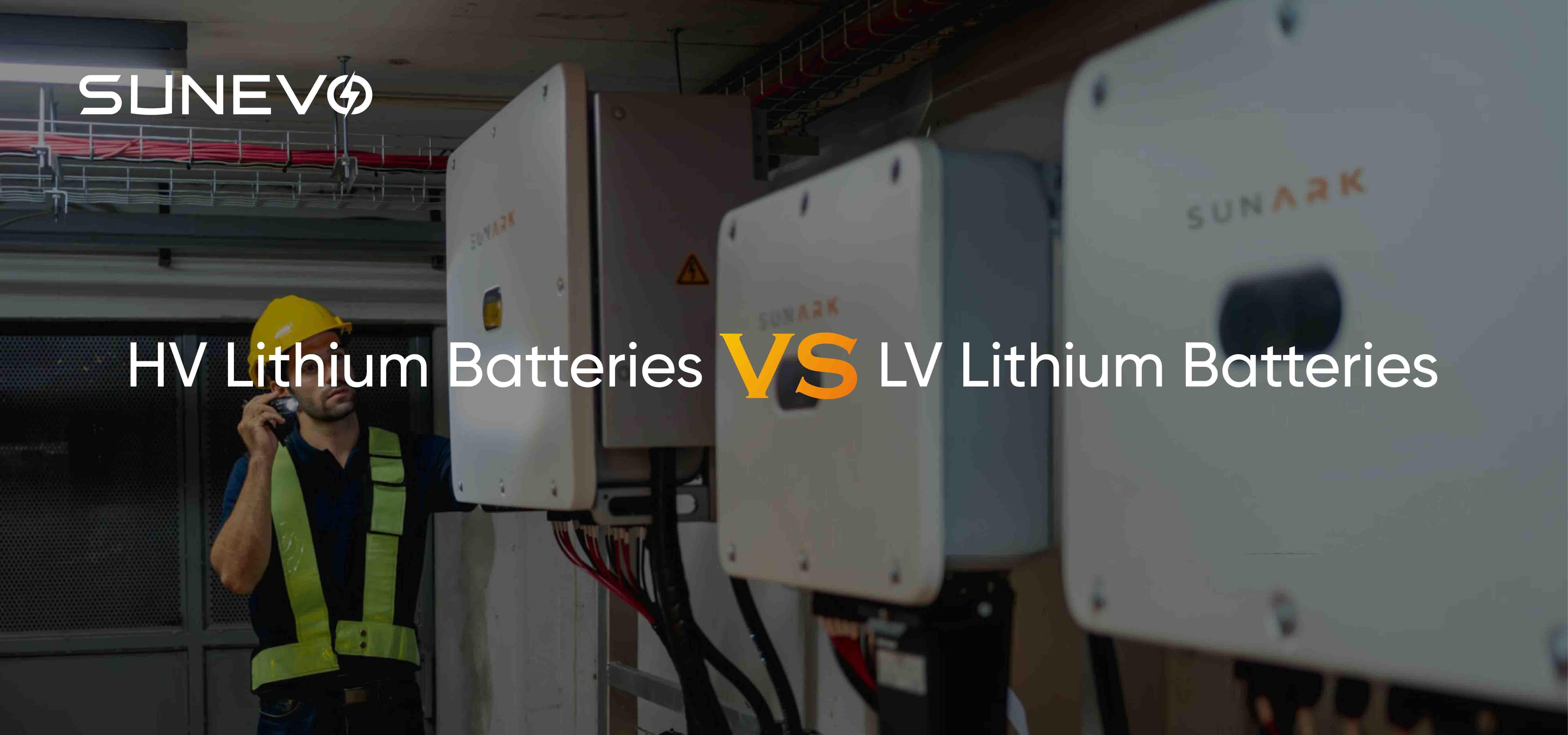
Today, I would like to discuss the difference between high-voltage and lithium batteries.
First, Low-voltage lithium batteries typically operate below 60V, while High-voltage lithium batteries operate above 60V, often reaching 72V, 96V, or even higher.
Because of their higher voltage, high-voltage batteries also have higher energy density, meaning they can store more energy in a smaller space. This makes them ideal for large-scale energy storage. Low-voltage batteries, with their lower energy density, are better suited for smaller, portable systems where space and weight are less critical.
Second, Designing a system with these batteries also differs. High-voltage batteries require advanced Battery Management Systems (BMS) to monitor and protect against overcharging, over-discharging, and overheating. This makes their design more complex and costly. Low-voltage batteries, however, have simpler designs and lower BMS requirements, making them more cost-effective for small-scale applications.
Third, Efficiency is another important factor. High-voltage systems operate with lower current, which reduces power losses in cables and connectors, resulting in higher overall efficiency. Low-voltage systems, with their higher current, experience greater power losses, making them slightly less efficient.
Safety is also a key consideration. High-voltage batteries, due to their higher voltage, require stricter safety measures, such as temperature sensors and disconnect switches, to prevent risks like short circuits or thermal runaway. Low-voltage batteries, due to their lower voltage, are inherently safer but still need basic protection circuits to ensure safe operation.
Finally, let’s talk about cost. High-voltage batteries have a higher upfront cost due to their complex design and advanced BMS, but they offer better long-term value for large-scale systems. Low-voltage batteries, with their simpler design and lower BMS requirements, are more affordable and ideal for small or portable applications."
To summarize: high-voltage batteries, operating above 60V, are the go-to choice for high-power, large-scale energy storage, like industry or businesses. Low-voltage batteries, operating below 60V, are perfect for small, portable devices like home-use solar systems. Your choice ultimately depends on your energy needs, system size, and budget.
Whether it’s high-voltage or low-voltage, lithium batteries are playing a crucial role in powering the future of clean energy.